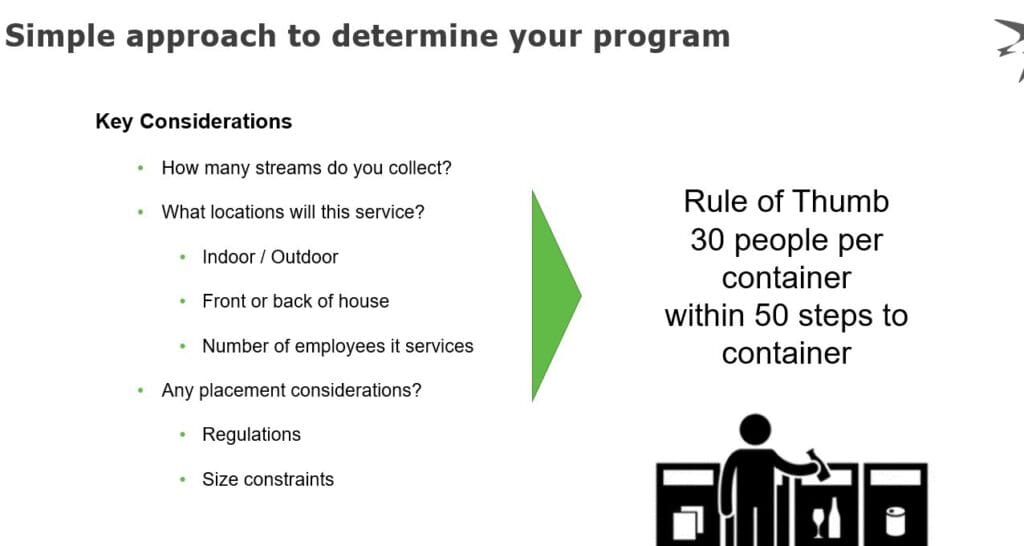Littering in commercial spaces, whether it's a shopping mall, office complex, or plaza, presents a challenge for landlords and property managers.
Maintaining cleanliness is not only essential for aesthetics but also for ensuring a conducive business environment.
Addressing this problem requires a combination of proactive measures, infrastructure, and community engagement.
This article offers practical solutions for managing and preventing littering in commercial areas, ensuring a clean and professional appearance that benefits both businesses and their customers.
Include Littering Enforcement in Your Leases
Begin with a proactive approach. When drafting lease agreements for commercial tenants, include clauses related to littering and waste management.
Tenants should be responsible for keeping their immediate surroundings tidy and ensuring that their customers do the same.
By making it part of the lease agreement, you set expectations right from the outset and provide a legal framework for accountability.
Install Bins, Garbage Cans, Recycling Bins
The easier you make it for people to dispose of their waste, the more likely they are to do it properly.
Ensure there are plenty of garbage cans, bins, and recycling stations spread around the property.
In shopping areas, place them at entrances, exits, and high-traffic zones. Inside office buildings, ensure there's a bin in every room or section.
Go a step further and use colour-coded bins to make waste segregation straightforward and intuitive. 

Put Up Signs
Visual reminders can be effective. Install signs that encourage proper waste disposal and highlight the repercussions of littering.
For instance, signs stating "Help Keep Our Community Clean" or "No Littering, Fines Apply" can serve as deterrents.
Also, consider signs that educate on the environmental impacts of littering to appeal to individuals' sense of responsibility.
Put in The First Cleanup Effort
Before implementing any anti-littering measures, ensure your property is spotless. Hire a professional cleaning crew to clear away existing litter and waste.
A clean property sets a standard, making subsequent litter more noticeable and less likely to occur.
If people see a pristine environment, they might think twice before littering.
Maintain and Clean the Property Regularly
Routine maintenance is key. Schedule regular cleaning sessions to pick up any stray litter.
This not only keeps the property looking its best but also sends a message that cleanliness is a priority.
Make Sure You Have Adequate Waste Collection
Overflowing bins can lead to littering, as people might be reluctant to use a bin that's already full. Ensure that waste collection is timely and adequate.
Collaborate with waste management companies that offer regular pickups, and consider increasing frequency during high-traffic events or peak seasons.
Use Security Cameras
While their primary purpose is security, cameras can also deter potential litterbugs.
If people know they're being watched, they're less likely to litter. If littering persists, footage can help identify repeat offenders, allowing for targeted interventions.
What If It’s Coming From Neighbouring Properties
If you notice litter coming from neighbouring properties, it's essential to address the issue diplomatically. Initiate a conversation with neighbouring landlords or property managers.
Propose collaborative efforts like joint clean-up drives or shared waste management resources. Remember, a cleaner neighbourhood benefits everyone.
Conclusion
Managing litter in commercial areas is a shared responsibility.
While landlords and property managers play a pivotal role, collaboration with tenants, customers, and even neighbouring properties can amplify the impact.
By setting clear expectations, providing necessary facilities, and fostering a culture of cleanliness, commercial areas can remain litter-free, ensuring a pleasant experience for all and protecting the environment.
